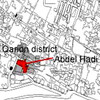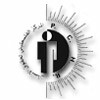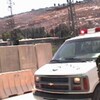
Humanitarian consequences of Israel's military operation in Nablus
8 January 2004
On December 26, Israeli forces invaded Nablus, announcing a curfew. Israeli forces entered Balata refugee camp and the old city of Nablus. Several homes in Nablus, mainly in the old city were occupied. Israeli forces continued military operations, with house occupations and demolitions until they withdrew on January 6. Three Palestinians were killed on 3 January by direct live ammunition used by Israeli soldiers. A fourth Palestinian was killed during the funeral of these. The Office for the Coordination of Humanitarian Affairs released an initial report. Read more about Humanitarian consequences of Israel's military operation in Nablus








